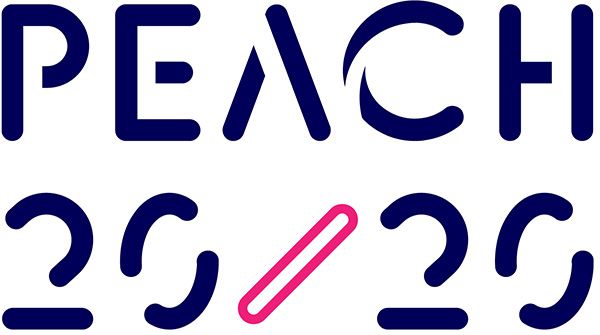Front-line financial stress may be costing you more than you think
)
Central to the conversation, hosted by Wagestream and chaired by Peach 20/20 co-founder Peter Martin, was the often hidden cost of financial stress among front-line teams.
Here are the key takeaways:
1. Employee wellbeing is no longer ‘just HR’ - it’s a boardroom priority
A resounding consensus emerged: investing in people is not a ‘soft’ option. It’s a commercial imperative. Wellbeing now sits alongside financial metrics in board discussions. As one managing director put it: “Our guests don’t get the experience we want unless our people are where they need to be.”
2. Retention gains are measurable - and significant
One executive at the table recounted how his multi-site operation had reduced team turnover from +100% to below 60% by returning to basics: training restaurant managers to engage empathetically, listen actively, and build trust. Simple changes, like regular check-ins and respectful communication, created real shifts in culture and retention.
3. Frontline financial resilience directly affects performance
Wagestream’s own data-driven insights showed how financial stress can undermine focus, shift attendance, and service quality. Workers using financial wellbeing tools (like real-time earnings tracking or savings features) report lower stress, improved control and increased shift uptake – up to 16% more in some cases.
Research showed that financial stress reduces cognitive function by up to 13 IQ points - equivalent to a full night’s lost sleep.
4. The GM is the crucial cultural lever
Despite wide-reaching group strategies, site-level culture is shaped by the GM. Empowering, training and supporting general managers is vital. Several operators cited efforts to “support the people who support the people”- with site-level data, engagement surveys, and leadership development all playing a role.
5. Back to basics beats ‘gold-plated’ benefits
Multiple voices called for a shift from “benefit overload” to “listening and actioning”. Employees value meaningful conversations, development opportunities, and predictable hours far more than perks they never use. One leader summed it up: “Scrap the noise. Listen, hear and act.”
6. The power of personal connection and authenticity
Culture thrives when senior leadership is visible and engaged. Operators emphasised founder and director-level presence on site - and direct feedback loops to continuously tune into frontline realities.
7. Technology can enable, but not replace, human touch
While AI, automation, and digital onboarding platforms (training apps, Wagestream’s tools etc) are increasingly common, they must serve a people-first strategy. The tech that succeeds is simple, frictionless, and built to genuinely help employees - whether saving money or accessing mental health support.
8. Savings = Resilience = Retention
Finanancial wellbeing is not just about giving staff access to their money but helping them to manage and save. Data from Wagestream revealed:
• 400,000+ UK hospitality workers are using the app.
• Over £162 million saved through the platform.
• Savings participation rose by more than 50% with simple behavioural nudges.
This ability to measure and improve “financial resilience” provides a compelling KPI for people directors to take to the board.
9. Younger workers need (and value) financial education
Operators flagged a rising trend: Gen Z workers are opting out of pensions due to
misunderstanding their value. A call was made to demystify payslips, national insurance, and savings from day one - with clear, digital-first, employer-led comms.
10. Competitive advantage comes from culture, not cost
In a tight labour market, culture is your USP. Treating people well, investing in managers, and fostering psychological safety leads to advocacy, productivity and lower churn.
Board-level implications
If you're running a multi-site hospitality group, this is the new bottom line: supporting your teams, financially, emotionally, and culturally, is the most strategic investment you can make. It drives:
• Reduced turnover and recruitment costs
• Higher shift fulfilment and productivity
• Better guest experiences
• Stronger brand reputation
Ultimately, what’s good for people is good for profit.
Thanks to the executives from Burger King, Caravan, Green & Fortune, Heartwood Collection, Odeon, Poolhouse, Searcy’s, The Alchemist, WatchHouse, Welcome Break and Wolseley Group for their contributions.
You can download a copy of Wagestream’s insight report The Missing Metric here.


